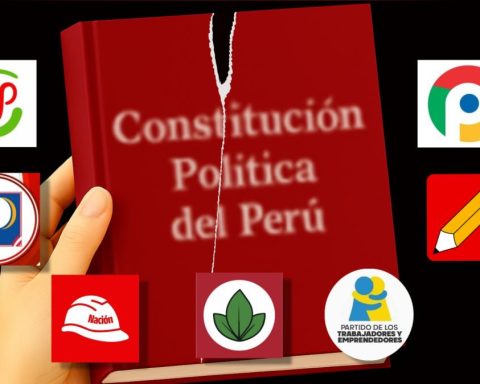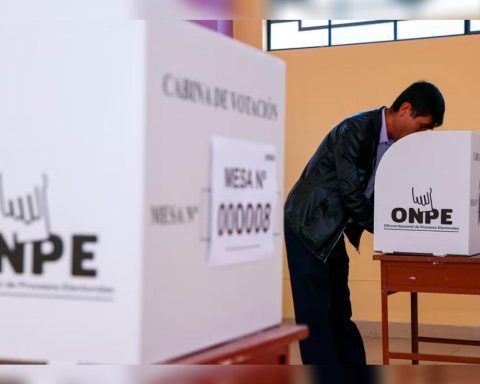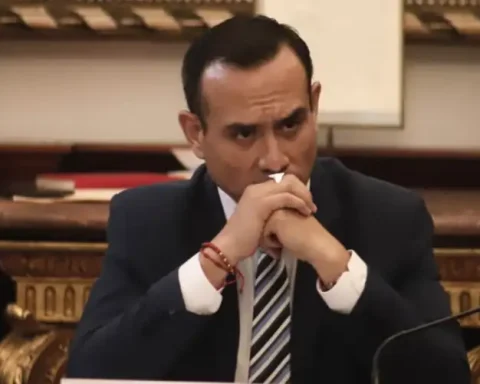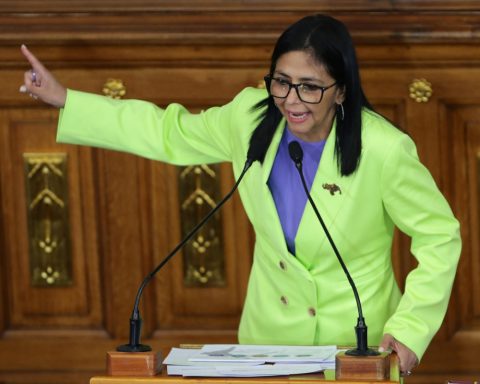With a tension that continues to increase due to the possible conflict between China Y USA It is increasingly worrying the various markets of the world, because this situation could hit the economies. How could it affect the Peruvian market?
“Thanks to the signing of the FTA with China, exports have grown 699% from 2011 to 2019. The Asian giant is now by far our main trading partner, capturing around 30% of our total exports, twice as much as the second place United States. with 15%”, said César Romero, head of Research at Renta4 Perú.
Regarding imports, the expert indicated that both countries, with similar weights, account for 50%.
“This highlights the importance they have on Peru. A conflict between the two economies would lead to sanctions from both sides and restrictions on trade. Both this and a shock to world GDP due to the war will be reducing the level of exports of raw materials from Peruvian soil, as well as reducing the investments of companies of American or Chinese origin in Peru.“, accurate.
The conflict, centered mainly on Taiwan and the possible occupation of its territory by China, could cause negative effects on the island’s economy, initiated as a result of the devaluation of the Taiwanese dollar and seconded by other Asian currencies that have also been devalued, he pointed out. .
He added that this is expected to generate even greater market volatility due to the tariff increase on products from China destined for the United States.
This increase in tariffs with which the administration of President Joe Biden is threatening is the response to Chinese policies that force the transfer of technology and intellectual property from American companies to Chinese companies, the analyst noted.
Can this affect the Peruvian market?
Romero said that initially, to relieve inflationary pressure, the United States planned to again reduce tariffs on products from China (those raised mostly by Donald Trump during his government on other products such as Chinese steel and aluminum).
However, due to the new military escalation generated in Taiwan, the removal of these tariffs was reconsidered.
The Renta4Perú expert mentioned that if the tariffs were to increase in retaliation for Chinese military activities on the coast in front of Taiwan, this would generate greater inflationary pressure. On technological products there would be even greater consequences.
He referred that, at the moment, we are in a global chip crisis, this due to the greater demand for technological products as a result of the pandemic and the lower production due to the harsh policies against COVID-19 by China. These products require copper as the main electrical conductor.
“A sanction on technological products would exacerbate the global chip crisis and hit international copper prices”, he stressed.
In addition, César Romero commented that a war as such never benefits the parties, on some occasions some countries have managed to benefit as third parties by trading, as was the case with the United States in the First World War, but generally it ends up destroying value.
“Peru, as is the case of Latin American economies in large-scale conflicts, always ends up losing, since it exports less due to sanctions and trade limitations. While its imports of highly complex products are affected by the lower production of developed economies”, manifested.

















